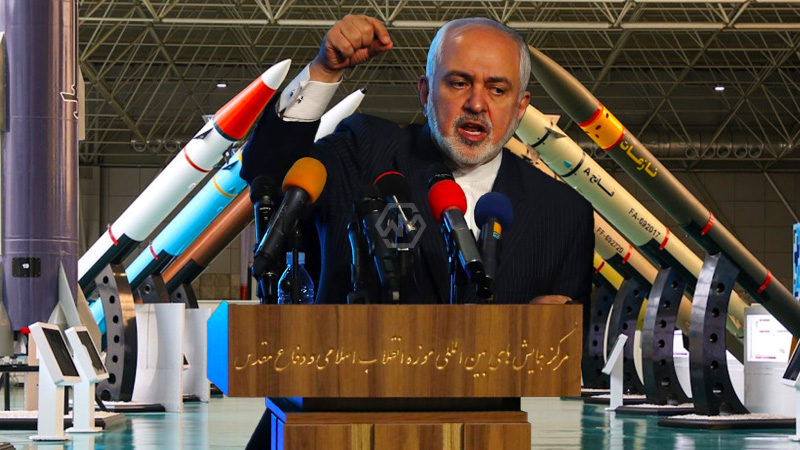- Mohammad Javad Zarif, key architect of the 2015 nuclear deal, resigns amid hard-liner pressure.
- Pezeshkian’s government faces growing instability as reformist officials are pushed out.
- Iran’s diplomatic outreach to the West weakens, increasing geopolitical tensions.
The resignation of Mohammad Javad Zarif marks a critical blow to President Pezeshkian’s reformist agenda, as hard-liners tighten their hold on Iran’s political landscape.
With Pezeshkian’s promises of sanctions relief now in jeopardy, Iran may see further economic instability and diplomatic isolation. If the trend continues, Tehran could pivot more aggressively towards Russia and China, deepening the divide between reformists and conservatives within the country.
Iran’s Diplomatic Shift: Reformist Setbacks and Hard-Liner Gains
Mohammad Javad Zarif’s resignation is a symbolic moment in Iran’s internal power struggle. As the architect of the 2015 nuclear deal, he represented hopes for diplomatic engagement, but his exit suggests a stark departure from that path. Pezeshkian, elected on promises of outreach, now faces increasing resistance from conservative factions who view diplomacy with skepticism.
The impeachment of Finance Minister Hemmati, another figure willing to engage with the West, further underscores the shifting power dynamics. While lawmakers cited economic concerns, his removal signals that reformist officials will continue to face challenges in executing their policies.
Iran’s rial continues to plummet, exacerbating economic hardships for citizens. With hard-liners gaining momentum, Tehran may take a more defiant stance, potentially undermining negotiations on sanctions relief. A weakened reformist presence in government also raises concerns about future policy shifts that could heighten tensions in the region.
If Pezeshkian cannot consolidate his position, his presidency may become largely symbolic, with hard-liners dictating Iran’s direction. This shift could influence not just domestic policies but also Iran’s relationships with global powers, particularly the U.S. and Europe.
Zarif’s resignation underscores the diminishing role of reformists in Iran’s government, signaling a likely escalation in tensions with the West. Pezeshkian’s ability to govern effectively remains uncertain.
“Diplomacy is the art of telling people to go to hell in such a way that they ask for directions.” – Winston Churchill



